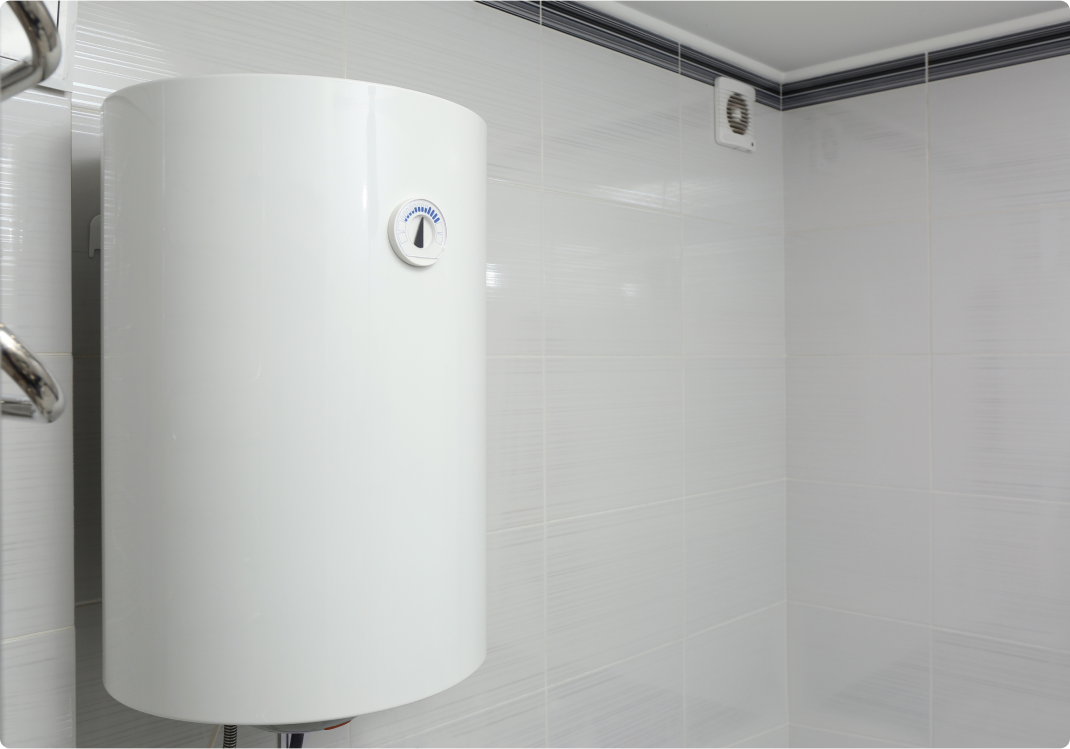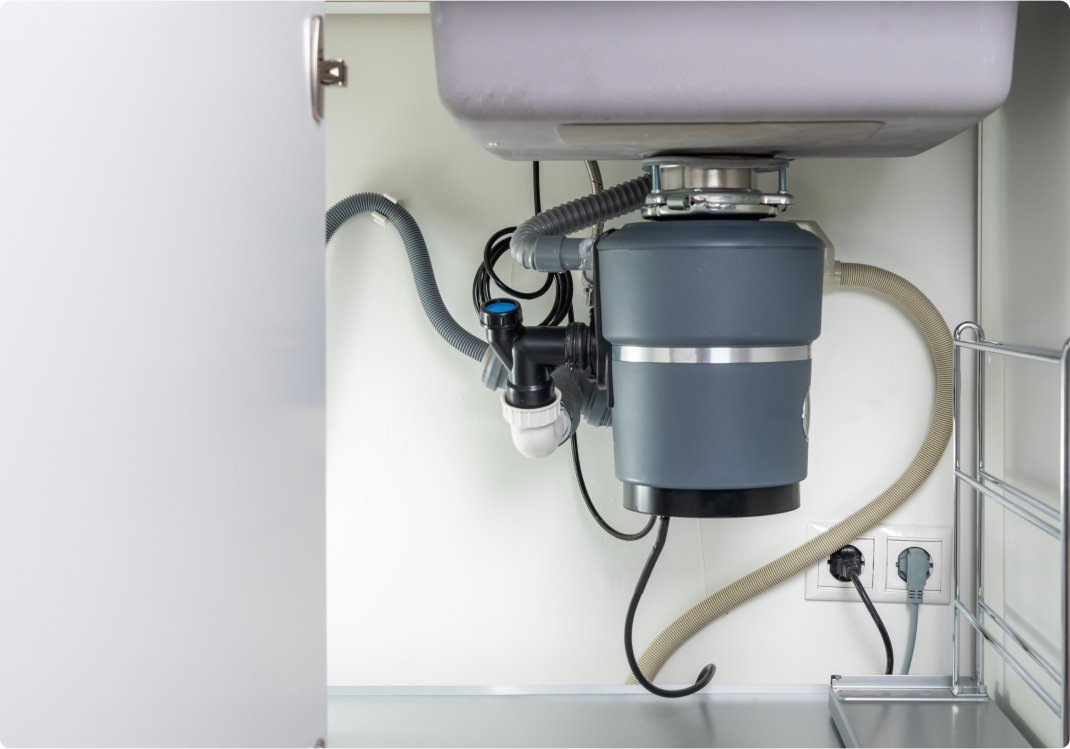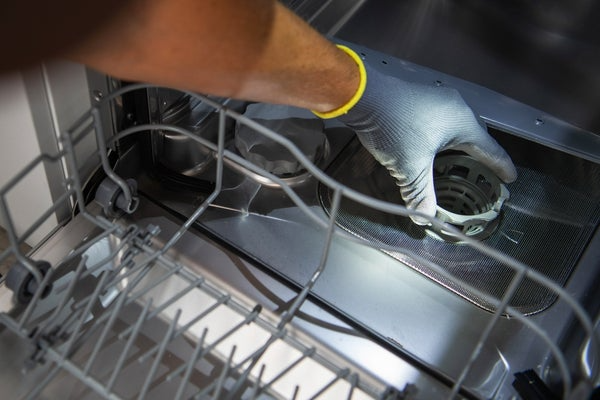From how to choose a boiler for your home to how different boiler systems affect your heating costs, we’re here to guide you to worry-free warmth. After all, a happy home is a warm home.
Why bother with boilers?
Did you know that heating and cooling can account for half of your annual energy costs? That’s right, keeping comfy isn’t cheap. According to the U.S. Department of Energy, the average American household spends over $2,000 annually on energy bills, with heating accounting for a significant portion. But fear not. Choosing the right boiler for your home can help you save some serious dough while keeping Jack Frost at bay.
Residential boiler systems work differently from forced-air systems like furnaces. Instead of heating air and blowing it through ducts, boilers heat water and circulate it through pipes to radiators or radiant floor systems. This method of heat distribution often results in more consistent warmth and can be more energy-efficient in many cases.
Boiler basics: What’s your type?
Boilers come in all shapes and sizes. Let’s break down the most common types as a part of our guide to choosing a new boiler:
1. Gas-fired boilers
Gas-fired boilers are some of the most efficient steam boilers on the market. But not every neighborhood has access to natural gas, so check your options before you fall in love. If natural gas is available in your area, it's often the most cost-effective fuel choice due to its relatively low price and high efficiency.
2. Oil-fired boilers
When natural gas plays hard to get, oil-fired boilers step up to the plate. If you buy an oil-fired boiler, you’ll need to have heating oil regularly delivered to your home. This heating oil must also be stored in tanks until needed. Just keep in mind that your wallet might feel the pinch when oil prices rise and impact your heating costs from year to year.
3. Electric boilers
Electric boilers are super efficient, as they don't lose heat through venting. They're also compact, quiet, and don't produce emissions in your home. However, they might not be the most budget-friendly option. The operating costs of electric boilers can be higher in regions with expensive electricity rates, so it's essential to consider both the upfront cost and long-term operating expenses.
4. Residential steam boilers
While less common in modern homes, the residential steam boiler still has its place, especially in older residences. These systems heat water until it turns to steam, which then rises through pipes to radiators throughout the home. When considering how to choose a boiler for your home, remember that steam boilers can be efficient and effective, but they often require more maintenance than hot water boilers.
How to choose the right boiler for your home
When deciding what boiler is best for your home, consider the following factors: the boiler's size, venting requirements, and energy efficiency. This guide to choosing a new boiler will help you navigate these important considerations.
Size
Want to save on heating costs? Choosing the right boiler for your home involves more than just crunching energy bill numbers. It's about finding the perfect balance between heating capacity and efficiency. Too small, and you’ll be left shivering. Too big, and you’ll be burning money.
Boiler capacity is measured in BTUs, which stands for British Thermal Units. To estimate BTU requirements for your home's interior spaces, use the following baselines for your calculations:
- Cold climates: Budget 50 BTU per square foot
- Moderate climates: Aim for 35 BTU per square foot
- Warm and hot climates: 20 BTU per square foot should do the trick
So, how much is a boiler for a 2,000-square-foot house? Let’s take a look:
- In a cold climate: 2000 sq ft x 50 BTU = 100,000 BTU boiler
- In a moderate climate: 2000 sq ft x 35 BTU = 70,000 BTU boiler
- In a warm climate: 2000 sq ft x 20 BTU = 40,000 BTU boiler
Remember, these are ballpark figures. For a perfect fit, consult with a Pro who can assess your home's unique needs.



